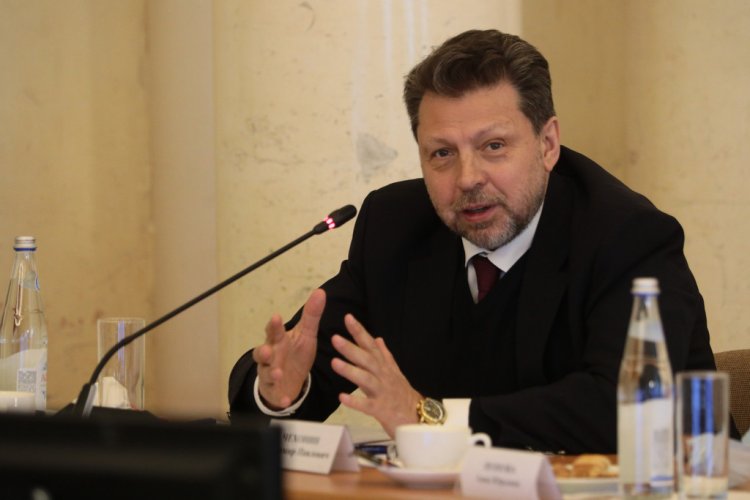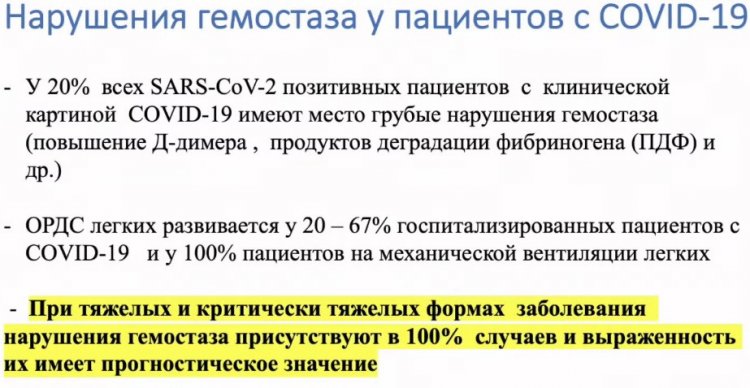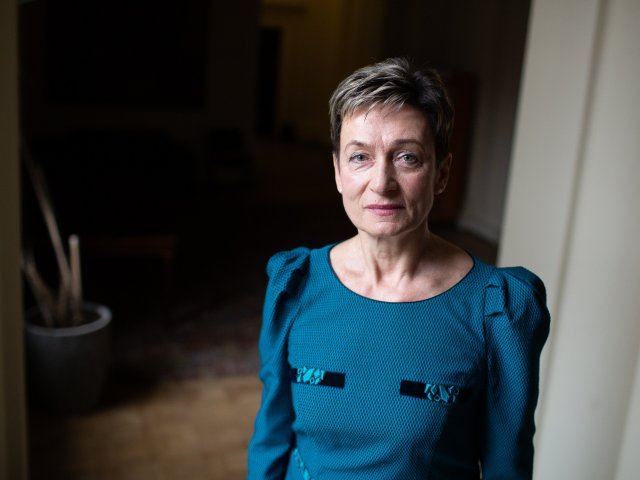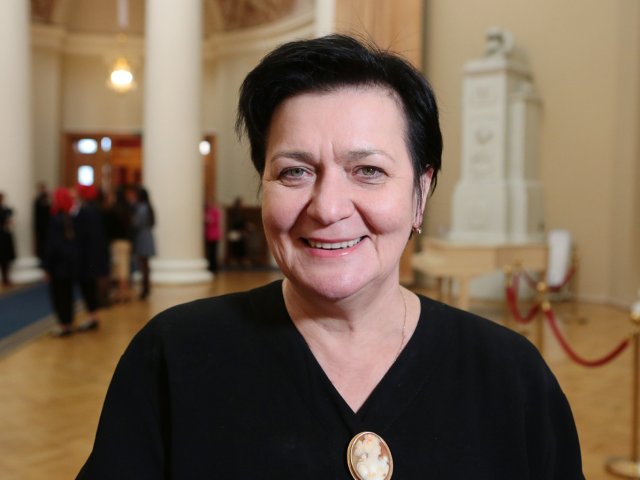The platform of the Russian Academy of Sciences hosted international online conference "COVID-19 and Problems of Thrombosis". As is known, thrombosis (formation of blood clots – thrombi – inside the blood vessels) is one of the most common complications in patients with severe form of coronavirus. The specialists from Russia, the USA, Canada, and Europe devoted several hours to discussing the development of thrombosis in COVID-19 patients.
“Our conference is devoted to one of important and serious problems of modern medicine – studying the genesis of thrombotic proliferation on the background of COVID-19. The coronavirus pandemic is the most serious problem that the mankind faces today and a challenge to global medical community. Medical science has achieved great progress in molecular biology and medicine, as well as the use of nanotechnologies and robotic systems, but turned out unprepared for combating SARS-CoV-2. In the context of intensive search for treatment methods, preserving of health and lives of population in our countries is the most important issue,” moderator of conference, RAS Vice President Vladimir Chekhonin said in his welcoming speech.
The first speaker – Ismail Elalamy, president at French Association of Angiologists – made presentation "Thrombosis in COVID-19 Patients: Challenging Dualism". According to the scientist, thrombosis on the background of COVID-19 represents dual provoking reality.
In his turn, Alex Spyropoulos, professor at the Center of Medical Innovations and Studies under the Feinstein Medical Research Institute, made report "Treating Thrombosis in COVID-19 Patients: Less Interference, Longer-Term Results". The scientist talked about the treatment of thrombosis in hospitalized patients with coronavirus and reminded of what we know today about SARS-CoV-2 virus.
The issue on prophylactics in outpatients with COVID-19 was highlighted by Sam Schulman, vice president at the International Society on Thrombosis and Hemostasis (ISTH). The main goals of prophylactics include reducing the number of hospitalized patients and death rate among them, preventing the need for additional oxygen support and formation of thrombi.
“How can prophylactics help? There are two ways. One of the them lies in decreasing inflammatory response of the organism, which can be achieved by several different methods, for instance, improving blood circulation, reducing fever, etc.,” Schulman said.
From presentation: A. D. Matsakaria, V. O. Bitsadze, D. Kh. Khizroyev.
A group of Russian scientists including RAS correspondent member Alexander Matsakaria and professors at the Sechenov University Viktoria Bitsadze and Dzhamilya Khizroyeva also presented their report at the conference. Their joint presentation was devoted to topic "COVID-19, Hemostasis Disorders and Thromboembolism During Pregnancy". The scientists stressed that pregnant women with COVID-19 face higher risks of placental thrombosis. Referring to the studies of British colleagues, the specialists reminded that pregnant women run higher risk of getting infected with coronavirus if compared to the rest of female patients. The scholars also presented their own studies devoted to this topic.
Among the reports made at the conference, there were presentations by Jean-Christophe Gris, president at the Medico-Administrative Department for Clinical Research and Innovations (Thrombogenic Antibodies in Patients with Sars-Cov-2: Facts and Discrepancies), Cihan Ay, professor at the Medical University of Vienna (COVID-19 and Thrombosis. Vaccination: Impact on Hemostasis and Thrombosis), and Benjamin Brenner, professor at the University of Technion, Haifa, Israel (COVID-19 Coagulopathy. Consequences for Oncological Patients).
Photo from the archive of Scientific Russia























